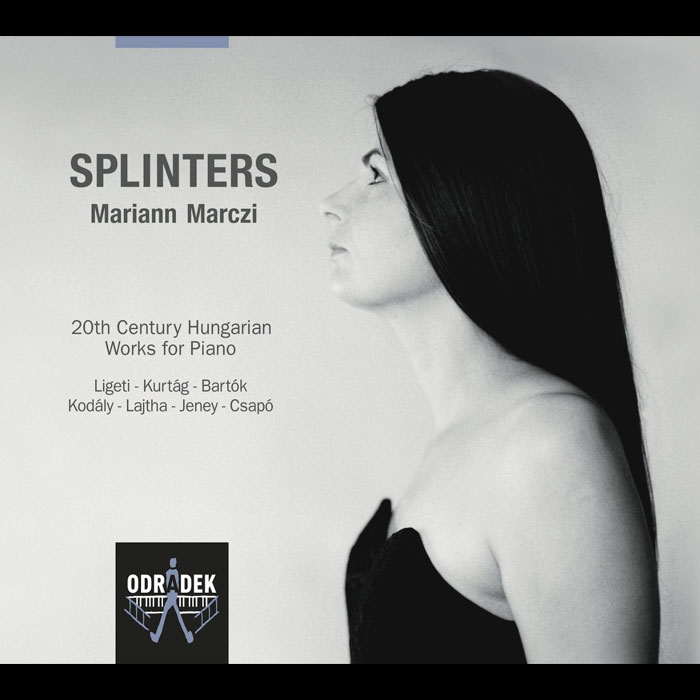Share This
Album at a Glance
Tags
Related Posts
Splinters - 20th Century Hungarian Works for Piano / Mariann Marczi, piano
Posted by Paul Ballyk on Mar 16, 2014 in Modern | 0 comments
In this program of rarely heard 20th century piano pieces by seven Hungarian composers, pianist Mariann Marczi performs over an hour of music that has factored prominently in her academic studies and performing career. The album takes its name from the opening work, Splinters, Op. 6/d by György Kurtág (b.1926), a work Ms. Marczi had the opportunity to analyze in detail with the composer. She has also worked with two other composers represented here, Zoltán Jeney (b.1943) and Gyula Csapó (b.1955). A prizewinner at the International Smetana Piano Competition for her performance of Béla Bartók's Three Burlesques, Op. 8/c (a work included on this program), all of this music has been central to Mariann Marczi's repertory, a fact which is unmistakable in these authoritative and penetrating performances.
Kurtág's Splinters is a set of four miniatures, the thematic material of which has found a place in a number of his other compositions. You can hear the one minute Vivo - Prestissimo - Vivo from Splinters as the first of three album samples. György Ligeti's Fém (metal) from Book II of his Etudes opens with a rhythmically mechanical perpetual motion, silver-bright in the upper register of the keyboard before entering a quiet chorale section where it abruptly ends. The music of Zoltan Kodály forms the heart of the program; two of that composer's works follow the Ligeti. The first is Kodály's Méditation sur un motif de Claude Debussy, a contemplative work infused with Debussy's harmonies, but at the same time, wholly Kodály. The next is Kodály's Seven Piano Pieces, Op. 11. The second of the seven pieces, Complainte Székely, is the second of our three album samples. It's striking how strong the French influence is in Kodály's music. In fact, as Ms. Marczi points out in her album notes, a strong French coloration is unmistakable throughout the program.
The remainder of the program is given to Béla Bartók's Three Burlesques (the opening Presto being the third and final album sample), Zoltán Jeney's Ricercare and Arthur Rimbaud in the Desert, concluding with Gyula Csapó's The Ultimate Goal.
This recording is from the Odradek Records label, a recently launched non-profit seeking venture, one which turns all proceeds over to their artists once production and distribution expenses are met. It's a model the label contends gives exceptional artists a cost effective opportunity to get into a recording studio and the freedom to select their own repertoire. It's a strategy that has certainly worked well in the case of Splinters.
Pianist Mariann Marczi performs a very personal programme of 20th century works from her native Hungary, featuring pieces that form two pillars at either ends of the last century, grouped between 1907 and 1918 (Bartók and Kodály) and from 1976 to 1989 (Ligeti, Kurtág, László Lajtha, Zoltán Jeney and Gyula Csapó).
Like pylons, these two blocks of compositional styles and techniques are linked by a hidden and complex network of bridges - arpeggios that at times imitate the sounds of the harp, dulcimer or far-away bells, a strong French influence, be it biographical, musical and frequent references to francophone poetry, and a common tendency towards the transcendental. Marczi has worked together with all of the living composers on her disc, and authoritatively carries out their intentions, while bringing to light the subtle nuances across the interesting and varied landscape of last century's Hungarian music.
Source: http://www.odradek-records.com/
 György Ligeti, composer |
György Ligeti Ligeti (28 May 1923 – 12 June 2006) was a composer of contemporary classical music. He has been described as “one of the most important and innovative composers of the second half of the 20th century”. Many of his pieces have been featured in pop-culture films. |
|
György Kurtag, composer |
György Kurtág Kurtág (born 19 February 1926 in Lugoj) is a Hungarian composer. Kurtág’s international reputation began to take hold with Messages of the Late Miss R.V. Troussova for soprano and chamber ensemble, which had its premiere in Paris in 1981. In several of Kurtág’s pieces, space plays an important role: … quasi una fantasia…, premiered in 1988 at the Berlin Festival, is the first composition in which he explores the idea of music that spatially embraces the audience. |
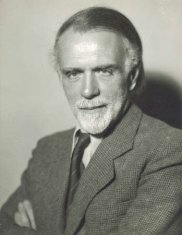 Zoltán Kodály, composer |
Zoltán Kodály Kodály (16 December 1882 – 6 March 1967) was a Hungarian composer, ethnomusicologist, pedagogue, linguist, and philosopher. He is best known internationally as the creator of the Kodály Method (an approach to music education developed in Hungary during the mid-twentieth century). Throughout his adult life, Kodály was very interested in the problems of many types of music education, and he wrote a large amount of material on teaching methods as well as composing plenty of music intended for children’s use. |
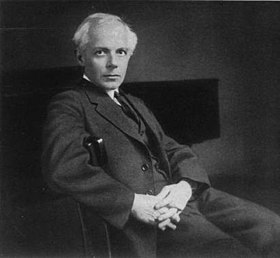 Béla Bartók, composer |
Béla Viktor János Bartók Bela Bartok (March 25, 1881 – September 26, 1945) was a Hungarian composer and pianist. He is considered one of the most important composers of the 20th century; he and Liszt are regarded as Hungary’s greatest composers (Gillies 2001). Through his collection and analytical study of folk music, he was one of the founders of ethnomusicology. |
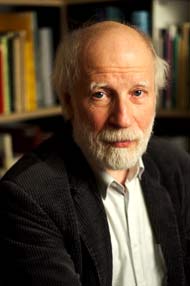 Zoltán Jeney, composer |
Zoltán Jeney Jeney (born March 4, 1943) is a Hungarian composer. Since 1986 Jeney has been a professor at the Liszt Ferenc Academy of Music in Budapest, Hungary where, since 1995, he has served as Head of the Department of Composition. Several of his compositions have been released on the Hungaroton label. |
 Gyula Csapó, composer |
Gyula Csapo Gyula Csapó is unique among Canadian University Composition Professors for his continued presence in the international avant-garde music scene. 2005 Gravemeyer Award winning composer György Kurtág writes in his appraisal of Csapó’s work: “His music… is answering the most timely questions with works of exceptional quality. His musical language is highly original and is strikingly powerful… His integrity and creative imagination…represents… one of the most important contributions in the field today.” http://www.usask.ca/music/people/faculty/csapo.html
|
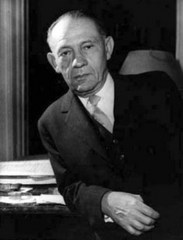 László Lajtha, composer |
László Lajtha Lajtha (30 June 1892 – 16 February 1963) was a Hungarian composer, ethnomusicologist and conductor. Before the First World War, in collaboration with Béla Bartók and Zoltán Kodály, he undertook the study and transcription of Hungarian folk song, heading up a project to produce a series of folk music recordings. His works display an intriguing synthesis of French and Hungarian national elements with musical neo-classicism, very clearly seen for example in his Fourth Symphony (1951), entitled Le Printemps. His later works are more radical in their construction and employ some extreme dissonance, for example the Seventh Symphony, Autumn (1957), conceived as a lament for the 1956 uprising. |
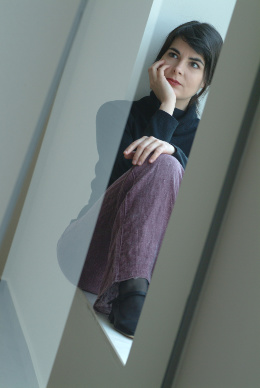 Mariann Marczi, piano |
Mariann Marczi Marczi (born 6 February 1977) is an award winning pianist. She was collaborated with well-known conductors. And played in many of the most important concert halls of Hungary and in almost all the European Countries. She currently teaches in the piano department of he Liszt Ferenc Academy of Music in Budapest. |
![]() About Paul Ballyk
About Paul Ballyk
all about Paul
Twitter •
| Thinking about purchasing this album?
Follow this link for more album details or to make the purchase. Buy it now |
“Not just recommended. Guaranteed.”
We stand behind every album featured on Expedition Audio. Our objective is to take the monetary risk out of music exploration. If you order this album from HBDirect.com and do not like it you can return it for a refund.





